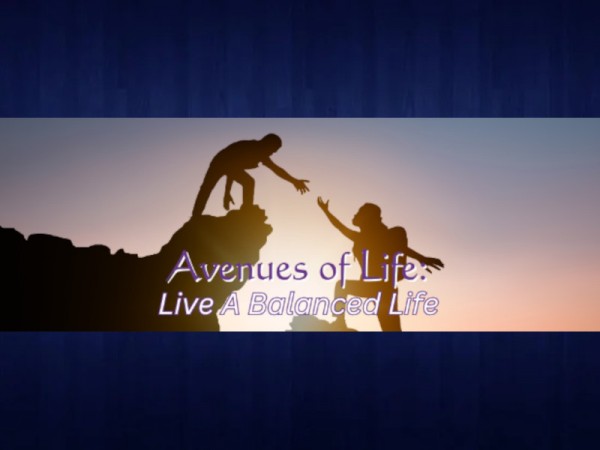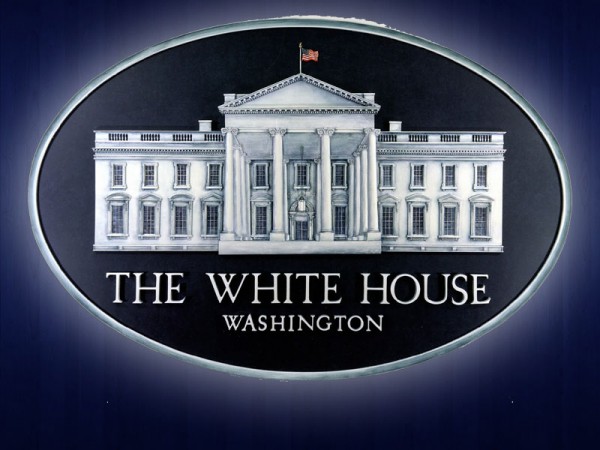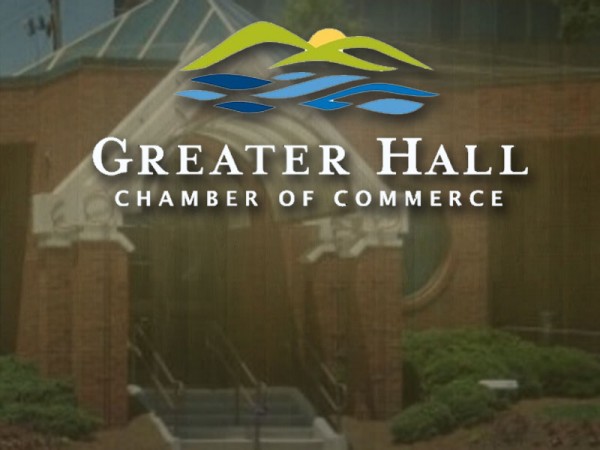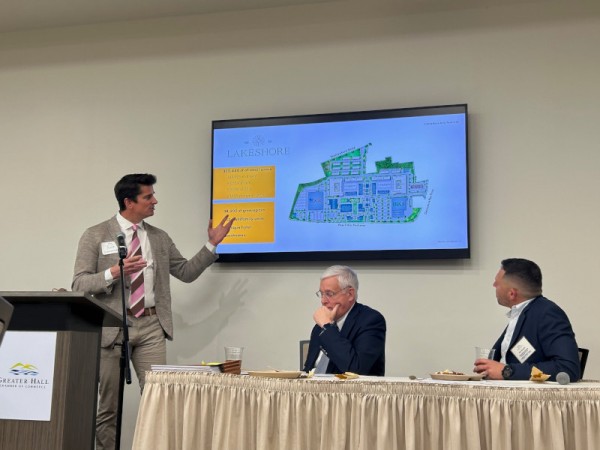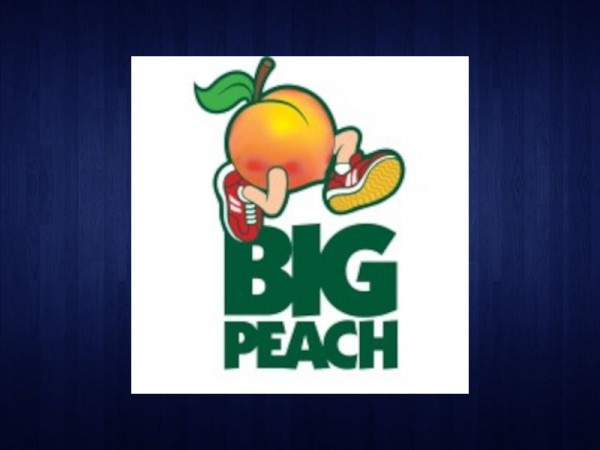DAHLONEGA - Three faculty teams at the University of North Georgia (UNG) have been awarded state grants totaling nearly $62,000 to create no-cost digital textbooks that are projected to save UNG students more than $988,000 in the 2016 academic year.
The grants to create digital texts for a combined 10 courses in education, mathematics and chemistry were awarded by Affordable Learning Georgia, a University System of Georgia (USG) initiative to promote student success by providing affordable textbook alternatives. The biggest benefit would be felt by students using all three math texts, with an estimated $605.61 savings per student. Students using all three education texts would save an estimated $224.34 per student. Students using the chemistry text would save an estimated $279.60 each. Overall, an estimated 2,800 students would benefit during the 2016 academic year.
The proposal from UNG's College of Education was awarded $30,000 and includes Drs. Sheri Hardee, Kelly McFaden and Linda Reece, and Lauren Johnson and Pat Nodine.
"Education majors in Georgia face additional expenses that many majors do not necessarily incur," Hardee said. "Students are required to pay out-of-pocket for multiple state assessments, background checks, liability insurance, and other items that can make the costs associated with the field of education a barrier, especially given that 7.5 percent of all students on the Dahlonega Campus and 13.8 percent of students on the Gainesville Campus identify as low-income."
UNG's Department of Mathematics secured $21,100 for the continuation of a grant awarded to Michael Goodroe and Dr. Berhanu Kidane. Dr. Julian Allagan and John Williams join the team in the new grant, which adds pre-calculus and calculus texts to those already created for introductory, intermediate and college algebra.
"We know that math textbooks are quite expensive, and, to a large extent, students don't use the text as much as they ought to and definitely aren't reading through it as much as other disciplines require," Goodroe said. "The books are mainly used for practice problems and examples, so e-books strike a chord with us."
Drs. Jim Konzelman and Greta Giles of the Department of Chemistry and Biochemistry received $10,800 to fund their project.
Konzelman and Giles wrote in their proposal that students often need additional help to master the abstract nature of chemistry, which is evident in the traditionally high rates of drops, withdrawals and fails for this sequence. The textbook is an essential resource that can lead to student success if used properly, but can be difficult for some to decipher on their own.
The projects are the three newest to join several other successful digital textbook projects at UNG, which was recognized by USG Chancellor Hank Huckaby during his budget presentation to state lawmakers in 2014. Huckaby highlighted the history textbook produced by the University of North Georgia Press in partnership with USG as an example of how the system is working to maintain student affordability and increase effectiveness and efficiency. At that point, some 769 students from across the system's 31 member institutions had used the U.S. history book, for an estimated total savings of $76,900.
UNG has also produced a digital world literature textbook and is working on another 10 digital texts for online core curriculum classes that would be used by students throughout the USG.
Thursday
July 3rd, 2025
8:46PM









